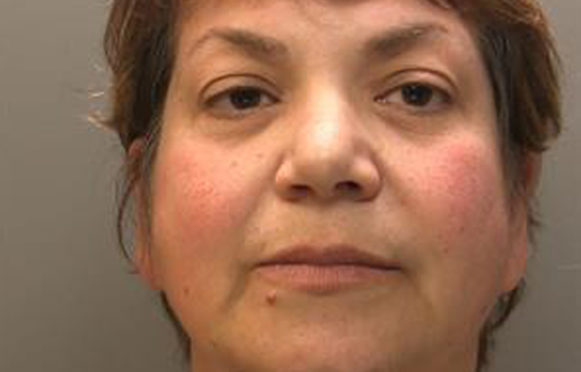Records are being reviewed of patients across Scotland who received treatment from a fake psychiatrist who practised for 22 years without a qualification.
Zholia Alemi claimed she had a primary medical qualification when she first registered in the UK in 1995.
But her claim to have a degree from the University of Auckland in New Zealand was fraudulent.
Now clinical records in each NHS Scotland health board are being reviewed in detail by consultant psychiatrists to identify decisions made by Alemi to offer advice and support.
The Press and Journal reported on her involvement in November last year after Highland health chiefs urged psychiatric patients to contact them if they had been treated by the fake doctor.
The 52-year-old worked for NHS Highlands for a short period in 2003 and NHS Grampian although for only one day.
Health Secretary Jeane Freeman said: “I know that this will be extremely upsetting for people and their families.
“The General Medical Council (GMC) now has processes in place to ensure that this won’t happen again.
“I also wish to reassure people that the remainder of their care and treatment was delivered by fully qualified doctors.
“If anyone affected has any further questions, they can get in touch with their local board.”
Alemi was jailed for fraud in October last year after she took advantage of an elderly patient, changing their will to make herself a beneficiary.
She denied charges of fraud and theft but was found guilty and sentenced to five years in prison following a trial at Carlisle Crown Court.
Her deception across the UK triggered an urgent investigation and checks on the licences of potentially thousands of other doctors.
The GMC previously apologised for “inadequate” checks made in the 1990s and for “any risk arising to patients as a result”.
It said Alemi joined the medical register in the UK under a section of the Medical Act that has not been in force since 2003.
This legislation allowed graduates of medical schools in certain Commonwealth countries – including New Zealand – to obtain registration on the basis of their qualification, without having to pass a standard two-part assessment.
These documents were not subject to the rigorous checks that exist today, the GMC has now admitted.
NHS Scotland boards will be sending letters with further information to affected patients over the coming months.
